The archetype of the wounded healer, first articulated by Jung and later elaborated by scholars like Henri Nouwen, finds peculiar expression in the modern entrepreneurial landscape where personal trauma increasingly becomes the seedbed for business ventures. Across the contemporary economy, particularly in wellness, coaching, and personal development industries, we witness a massive transformation of wounds into wealth, trauma into trade. This phenomenon extends far beyond simple capitalism; it represents a collective attempt to alchemize suffering into meaning and money simultaneously. The Kauffman Foundation’s research on entrepreneurship documents the explosion of wellness and coaching businesses without recognizing them as manifestations of the wounded healer archetype seeking economic expression.
The coaching industry, now valued at billions globally according to the International Coaching Federation, consists largely of individuals who have transformed their own psychological struggles into methodologies for helping others. The life coach who overcame addiction, the business coach who rebuilt after bankruptcy, the relationship coach who survived divorce, all embody the wounded healer archetype in commercialized form. Yet this transformation of wound into wisdom for sale raises profound questions about the ethics of commodifying healing and the psychological dynamics of turning trauma into capital.
Consider the proliferation of trauma-informed businesses where founders explicitly build their company narrative around personal suffering. The startup founder who speaks openly about their mental health struggles, the CEO who builds their brand on overcoming adversity, the influencer whose entire platform rests on their recovery journey. The Harvard Business Review’s coverage of vulnerable leadership celebrates this trend without examining the deeper psychological currents at work when wounds become competitive advantages in the marketplace.
The wellness industry has become a vast marketplace where wounded healers offer their particular form of suffering-derived wisdom to others seeking healing. From yoga teachers processing their own trauma through teaching to nutritionists addressing their own disordered eating through client work, the industry operates on an implicit understanding that personal wounding qualifies one to guide others’ healing. The Global Wellness Institute’s research values this industry in the trillions without acknowledging its foundation in the wounded healer archetype.
The phenomenon of “trauma entrepreneurship” has emerged where individuals explicitly monetize their traumatic experiences through courses, memberships, and coaching programs. Sexual assault survivors create consent education businesses, childhood trauma survivors develop inner child healing programs, narcissistic abuse survivors build recovery coaching practices. While these ventures often provide valuable services, they also raise questions about what happens when healing becomes a business model and whether the commercialization of trauma serves or undermines genuine healing.
Social media has amplified the wounded healer entrepreneur phenomenon by creating platforms where vulnerability becomes currency and trauma narratives generate engagement. The algorithm rewards emotional intensity, creating incentive structures that encourage ever-deeper revelations of personal wounding. The Pew Research on social media and mental health documents concerning patterns without recognizing them as manifestations of wounded healer dynamics in digital spaces.
The multi-level marketing industry particularly exploits wounded healer dynamics, recruiting individuals with promises that their personal struggles qualify them to help others while building wealth. The MLM participant who joins to address their own financial trauma ends up recruiting others with similar wounds, creating pyramidal structures built on cascading wounded healer relationships. The Federal Trade Commission’s research on MLMs reveals economic exploitation patterns that become more comprehensible when understood through the wounded healer lens.
The therapy world itself increasingly operates on wounded healer dynamics as therapists are encouraged to build “niches” based on their own psychological struggles. The therapist who specializes in addiction because of their own recovery, who focuses on grief because of their own losses, who treats trauma because of their own wounding. While lived experience can enhance therapeutic understanding, the pressure to commodify wounds in competitive therapy markets creates concerning dynamics around whose trauma has market value.
Start-up culture has embraced the wounded healer narrative as a standard founder story archetype. The pitch deck that begins with personal trauma, the founder story that centers on overcoming adversity, the company mission that emerges from personal suffering. Venture capitalists have learned to recognize and reward these narratives, creating economic incentives for founders to excavate and commodify their wounds. The TechCrunch coverage of founder stories regularly features these wounded healer narratives without examining their psychological implications.
The phenomenon of “expertise through experience” has challenged traditional credentialing while creating new hierarchies based on who has suffered most authentically or recovered most completely. The eating disorder recovery coach who claims superiority over the traditionally trained nutritionist, the trauma survivor who dismisses academic trauma researchers, the addict in recovery who invalidates addiction medicine physicians. These dynamics reveal how the wounded healer archetype can create its own forms of authority and exclusion.
Corporate wellness programs increasingly rely on wounded healer dynamics, bringing in speakers and consultants whose primary qualification is their personal story of overcoming adversity. The executive who survived burnout teaching resilience, the employee who overcame depression leading mindfulness sessions, the manager who processed grief becoming the informal company counselor. While peer support has value, the corporatization of wounded healer dynamics raises questions about boundaries, expertise, and the potential for retraumatization.
The book publishing industry has developed entire genres around wounded healer narratives, from memoirs of overcoming to self-help books based on personal experience. The Publishers Weekly data on self-help publishing reveals a market saturated with wounded healer narratives competing for attention. The pressure to have an ever-more-dramatic wound story to break through the noise creates incentives for sensationalization and potentially premature disclosure of trauma.
Online course creation platforms have become laboratories for wounded healer entrepreneurship where anyone can package their recovery journey into a curriculum for sale. The proliferation of courses on healing trauma, finding purpose, or overcoming limitation, most created by individuals whose primary qualification is their own journey through these experiences. The Udemy and Coursera data on course creation shows explosive growth in these personally-derived healing methodologies.
The podcast industry operates heavily on wounded healer dynamics, with countless shows hosted by individuals processing their own psychological material through public conversation. The therapy podcast hosted by someone working through their own issues, the business podcast by someone recovering from failure, the relationship podcast by someone navigating their own relationship struggles. The intimacy of the podcast medium intensifies wounded healer dynamics, creating parasocial relationships where listeners become inadvertent participants in the host’s healing journey.
Retreat and workshop facilitation has become a primary expression of wounded healer entrepreneurship, with individuals creating immersive experiences based on their own healing journeys. The ayahuasca retreat led by someone processing their own trauma, the women’s circle facilitated by someone working through their own feminine wounds, the men’s work gathering led by someone addressing their own masculine shadows. The Retreat Guru industry data shows massive growth in these wounded healer-led experiences without examining the psychological dynamics at play.
The ethics of wounded healer entrepreneurship become particularly complex when considering power dynamics and the potential for exploitation. When someone monetizes their healing journey while still in active recovery, when does sharing become performance? When does vulnerability become manipulation? When does the wounded healer’s need for validation or income override the client’s best interests? These questions rarely get addressed in the celebration of vulnerability as business strategy.
The commodification of healing through wounded healer entrepreneurship potentially undermines the very healing it purports to offer. When healing becomes a product, when transformation becomes a package, when wisdom becomes a price point, something essential about the healing process may be lost. The pressure to maintain a healing business can prevent the wounded healer from fully processing their own wounds, creating cycles where unhealed trauma gets transmitted through commercialized healing modalities.
The competitive marketplace for wounded healer services creates hierarchies of suffering where more dramatic trauma stories command higher prices and larger audiences. This can lead to unconscious competition over who has suffered most authentically or recovered most remarkably. The Journal of Business Ethics research on authenticity in marketing touches on these dynamics without recognizing their specific manifestation in wounded healer entrepreneurship.
The digital transformation of wounded healer work through apps, online communities, and virtual services has created new possibilities and problems. The meditation app created by someone managing their own anxiety, the support community founded by someone seeking their own belonging, the virtual therapy platform designed by someone who couldn’t access traditional therapy. While these innovations increase access, they also risk automating and scaling wounded healer dynamics in ways that may dilute or distort the healing relationship.
The venture capital funding of wounded healer businesses adds another layer of complexity as investors seek returns on trauma transformation. The pressure to scale, to grow, to generate returns can conflict with the organic pace of healing and the intimate nature of wounded healer work. When wounded healer businesses must satisfy investors as well as clients, whose needs take priority?
The question becomes whether wounded healer entrepreneurship represents a democratization of healing wisdom or a commodification of suffering that ultimately serves capital more than transformation. Can the wounded healer archetype maintain its transformative power when subjected to market forces? Or does the commercialization of wounds create new forms of exploitation that perpetuate the very traumas they claim to heal?
Moving forward requires developing new frameworks for understanding and evaluating wounded healer entrepreneurship that honor both its potential value and its inherent risks. This might involve creating ethical guidelines specific to commercialized healing work, developing support structures for wounded healer entrepreneurs that prioritize their continued healing alongside their business success, and fostering critical dialogue about when commodification serves versus undermines genuine transformation.
The wounded healer entrepreneur phenomenon reveals fundamental tensions in how we understand healing, value, and exchange in contemporary society. As more individuals seek to transform their wounds into wisdom for sale, we must grapple with questions about what can and should be commodified, how healing relationships differ from commercial transactions, and whether the marketplace can serve as a legitimate venue for the wounded healer archetype to express itself.

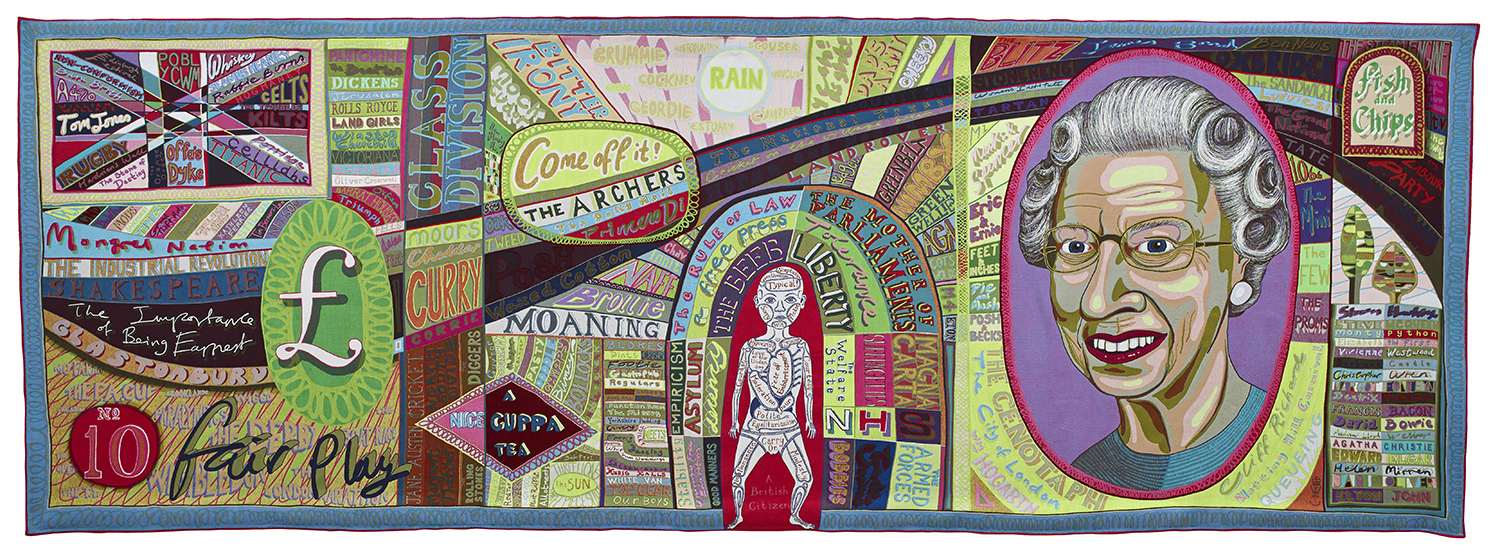
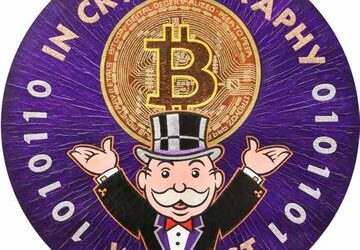
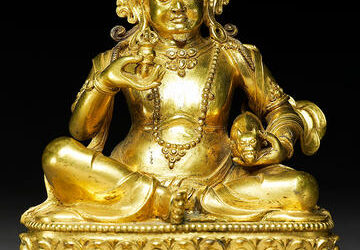
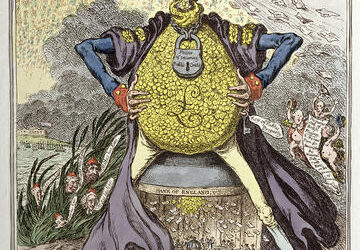
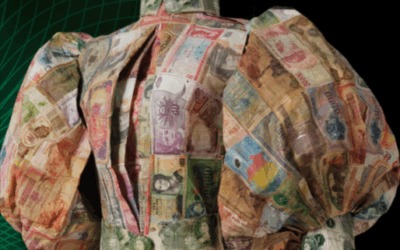
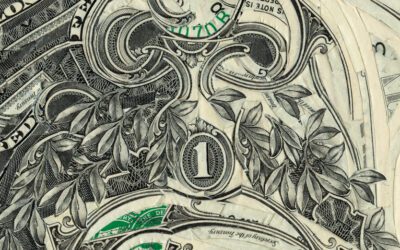
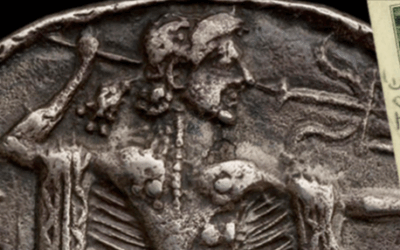


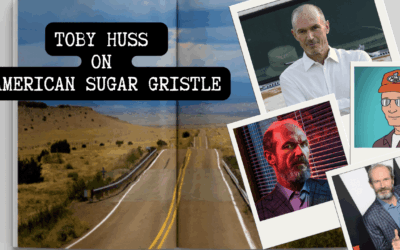

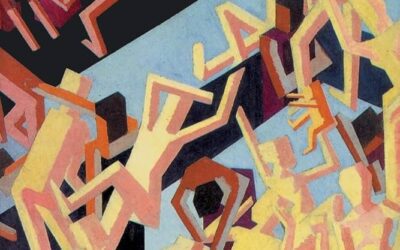
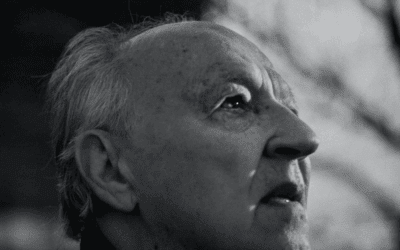


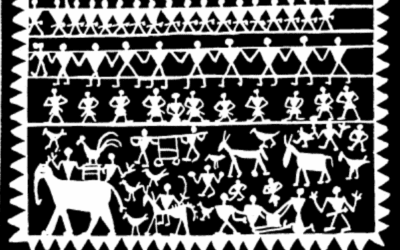

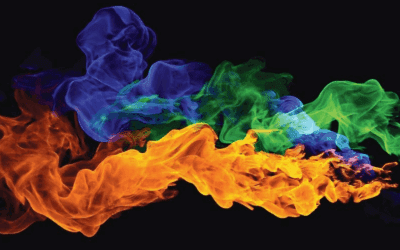

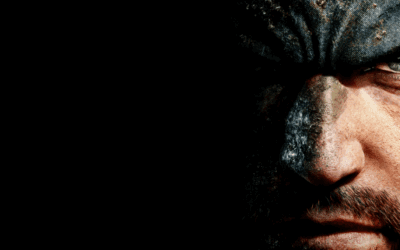



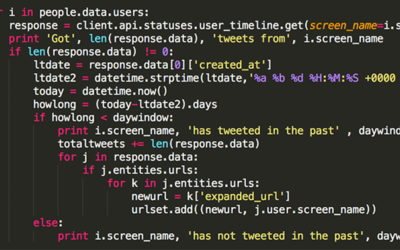
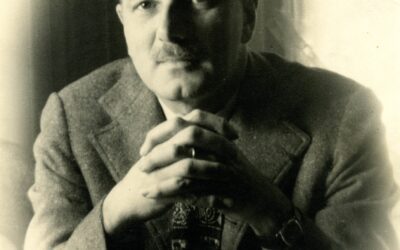
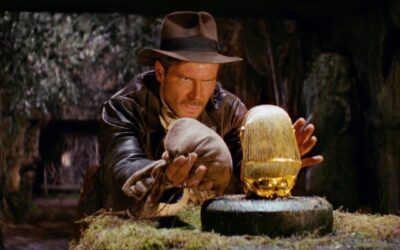
0 Comments